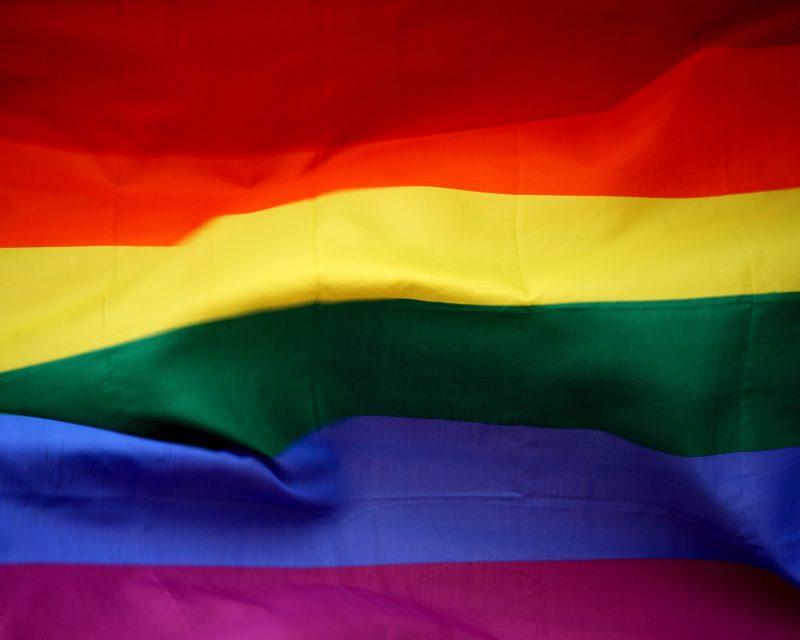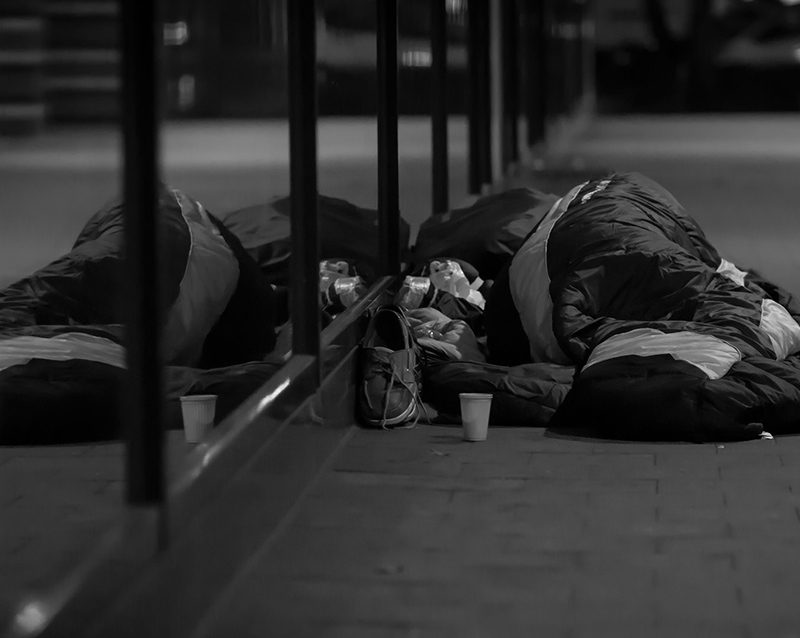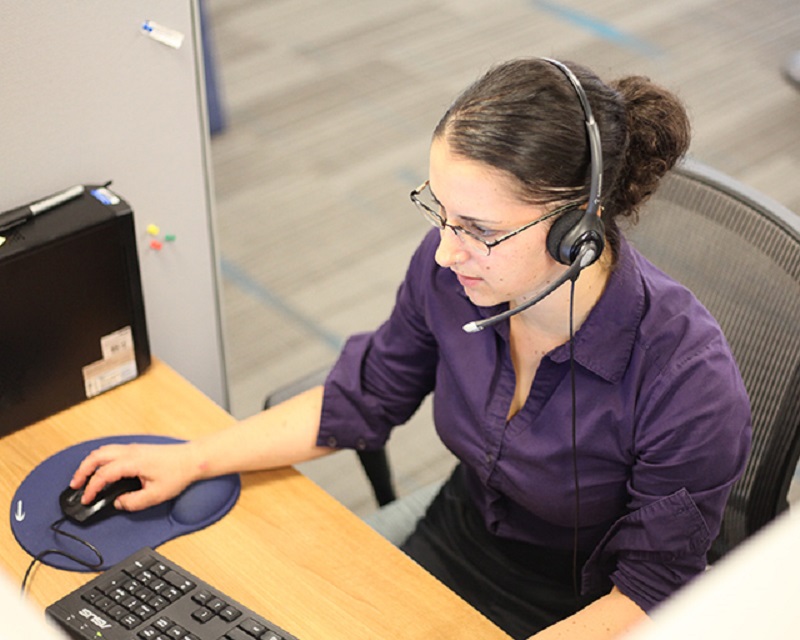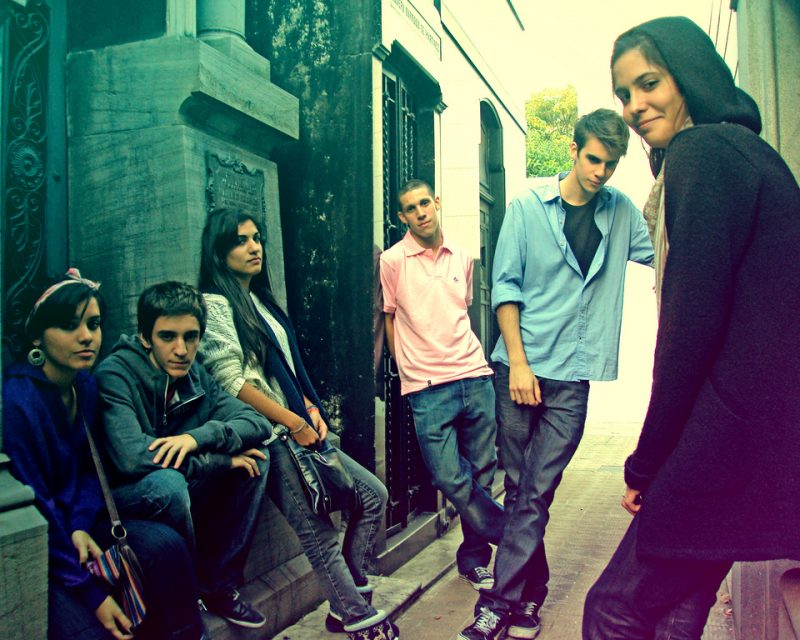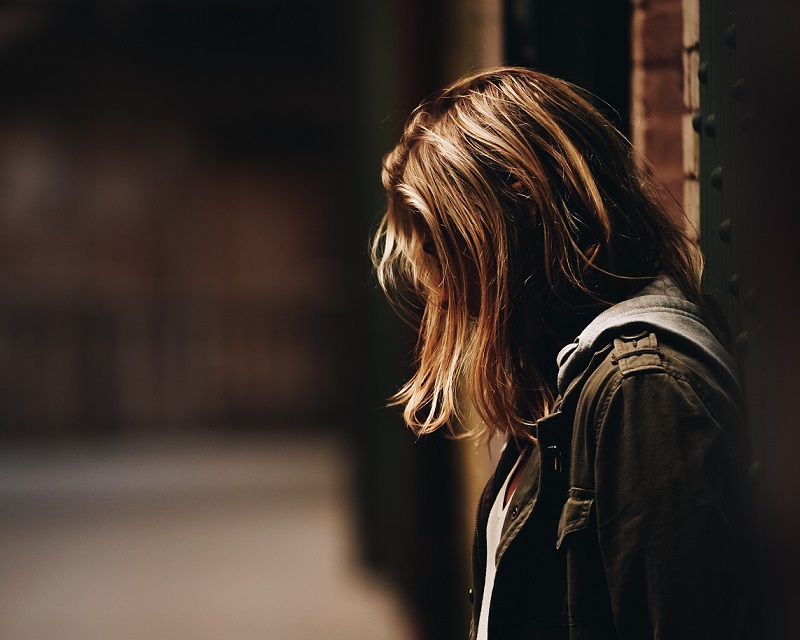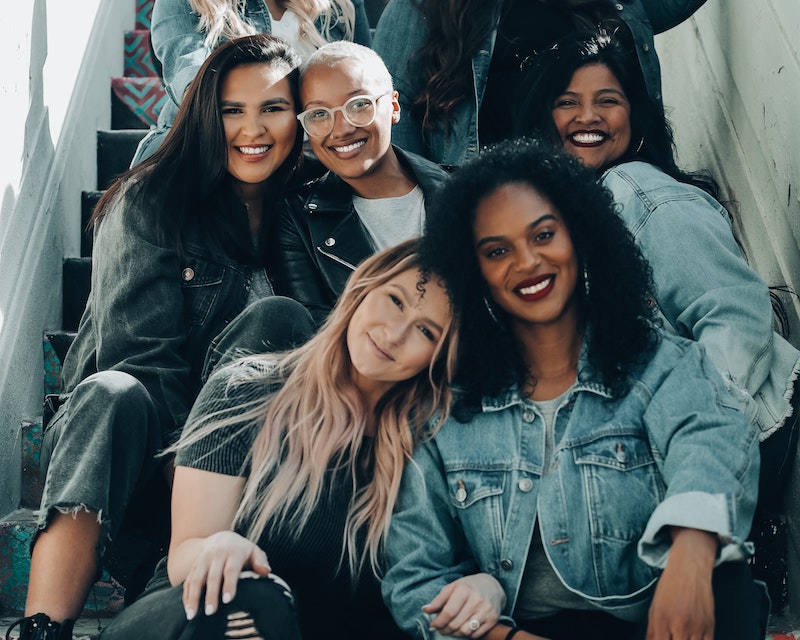June is Pride Month in the United States, a time to celebrate how far we’ve come in advancing the rights of LGBTQ+ people, but also a time to reinvigorate our efforts to continue the fight for equality.
At Polaris, that means drawing even more attention to how people who identify as LGBTQ+ can be especially vulnerable to human trafficking. From talking about the violence faced by LGBTQ+ people to delving into why so many cases of trafficking in this community go unreported, we want to draw attention to experiences that are specific to LGBTQ+ communities and highlight ways we can come together to make things better.
Watch Polaris’s new Chief Development Officer, Patrick, share how his own experience as a gay man shapes his commitment to the human trafficking victims and survivors we serve.
The Equality Act
LGBTQ+ people are particularly vulnerable to human traffickers in part because bias and discrimination in things like jobs and housing gives traffickers an opening to step in and pretend to be the answer to a problem. The Equality Act would make such discrimination illegal under federal law. The House of Representatives passed the Equality Act in March 2021 with a bipartisan vote. Now, it’s up to the Senate to make it law – contact your U.S. Senators today.
Social Media Toolkit
During Pride month it is important to stand proud in the face of discrimination and recommit to healing and supporting our communities. Because of the pandemic, there are more people who are vulnerable than ever to the lure of traffickers promising love, safety, shelter, and economic stability. Let’s get the word out that there are options available through the U.S. National Human Trafficking Hotline.
Additional Information
We have also created resources that are aimed at helping LGBTQ+ trafficking victims and survivors. These include resources for LGBTQ+ youth who may be experiencing trafficking or know someone who is, for service providers and criminal justice professionals so they can learn more about how to promote healing, and for LGBTQ+ community members and advocates so they can become even stronger allies in the fight against human trafficking.
We encourage you to read these posts and resources and share them with your networks. The more people learn about human trafficking of LGBTQ+ people, the better equipped we’ll all be to fight it.
Blogs
- Reducing Vulnerabilities to Human Trafficking with the Equality Act
- How the New Supreme Court Rulings Affect Human Trafficking
- COVID-19 May Increase Human Trafficking in Vulnerable Communities
- Acceptance and Love is Needed for LGBTQ+ Youth
- This Pride Month, Let’s Come Together to Protect LGBTQ Trafficked Youth
- How Your Community Can Stop the Trafficking of Homeless LGBTQ Youth
- Reaching Out for Help as an LGBTQ Person
- Staying Safe: New Resource Helps LGBTQ Youth Protect Themselves from Human Trafficking
- Unique Obstacles Put Transgender People At Risk of Trafficking
- Why LGBTQ Trafficking Cases Are Underreported
- The Pervasiveness of LGBTQI-Targeted Violence in the Americas
Resources
- Pride Month Social Media Toolkit
- Sex Trafficking and LGBTQ Youth
- Reaching Out for Help: A Guide for LGBTQ Youth on How to Receive Support and Services from the National Human Trafficking Hotline
- Staying Safe: Tips for LGBTQ Youth for How to Protect Yourself and Your Community from Human Trafficking
- Breaking Barriers: Improving Services for LGBTQ Human Trafficking Victims
Getting Help
If you or someone you know needs help, call the National Human Trafficking Hotline toll-free hotline, 24 hours a day, 7 days a week at 1-888-373-7888 or text 233733 to speak with a specially trained Anti-Trafficking Hotline Advocate.
If looking for an anti-trafficking program that specializes in serving LGBTQ+ populations, you can use our online public Referral Directory and add a “Specialized Competency” to your search. Users can also quickly identify organizations that specialize in serving LGBTQ+ populations by locating the Pride flag marker.
